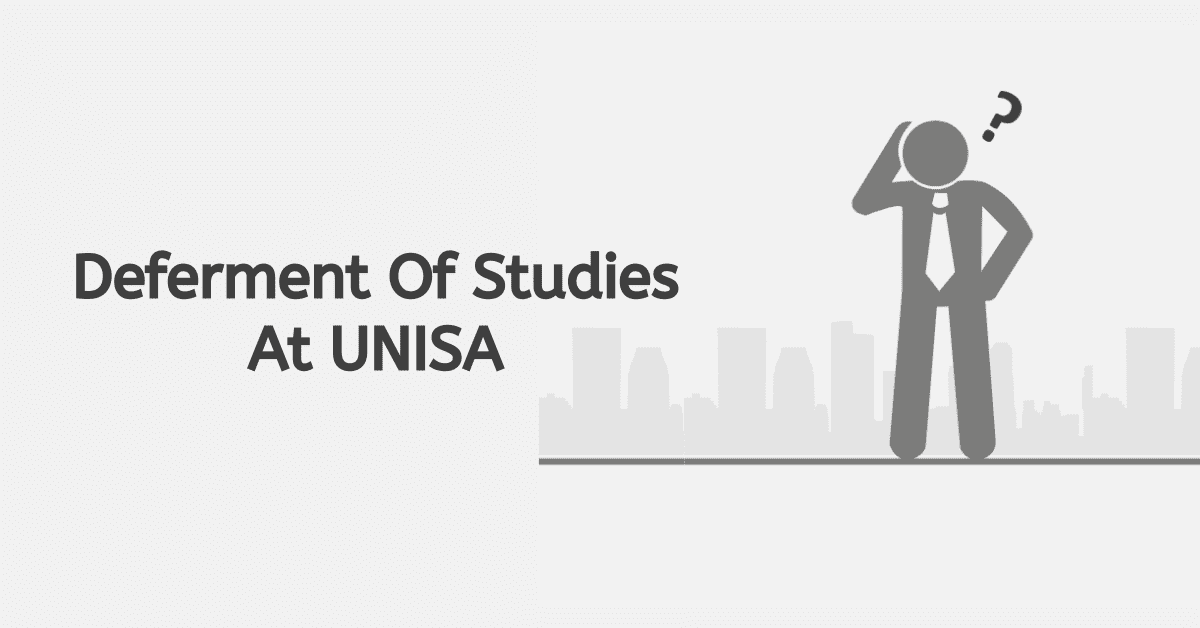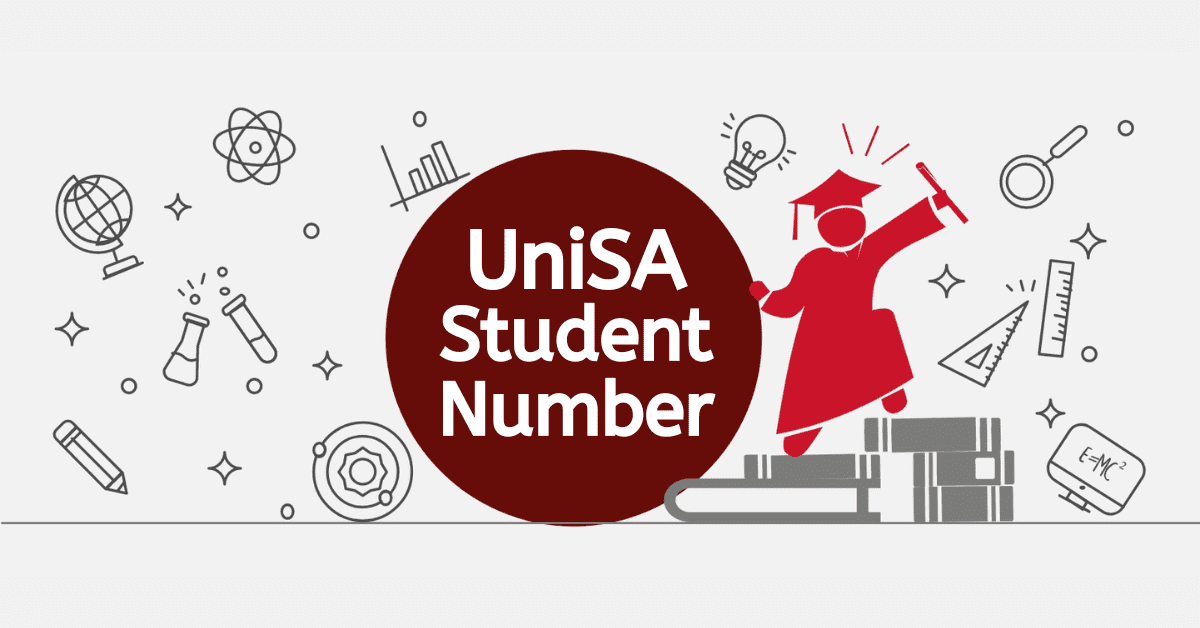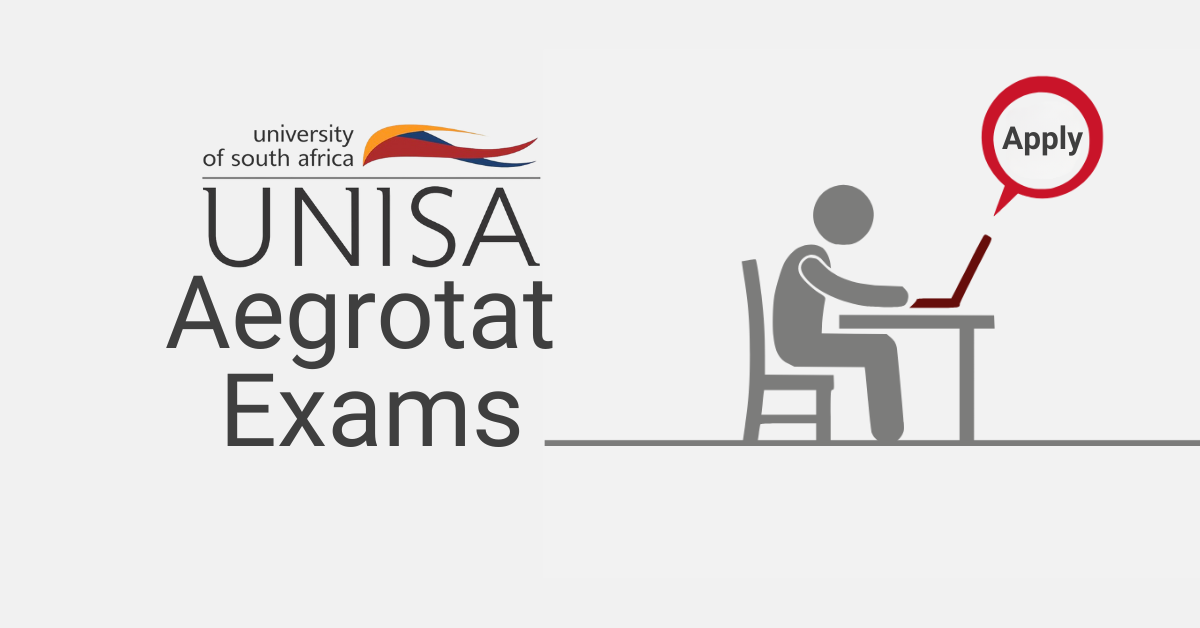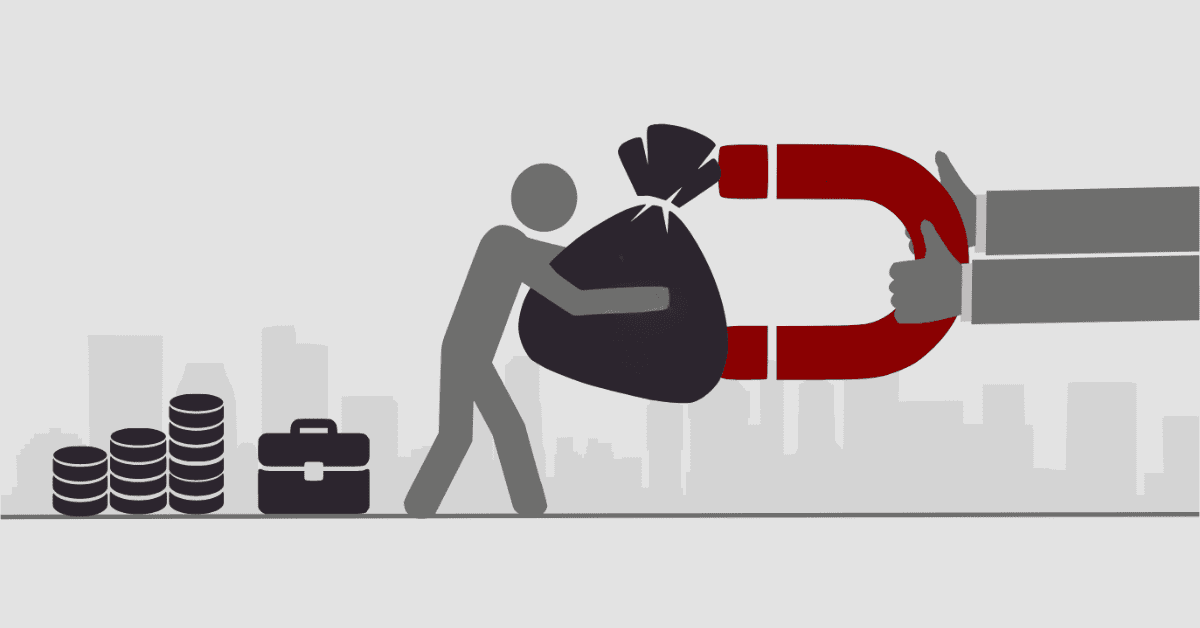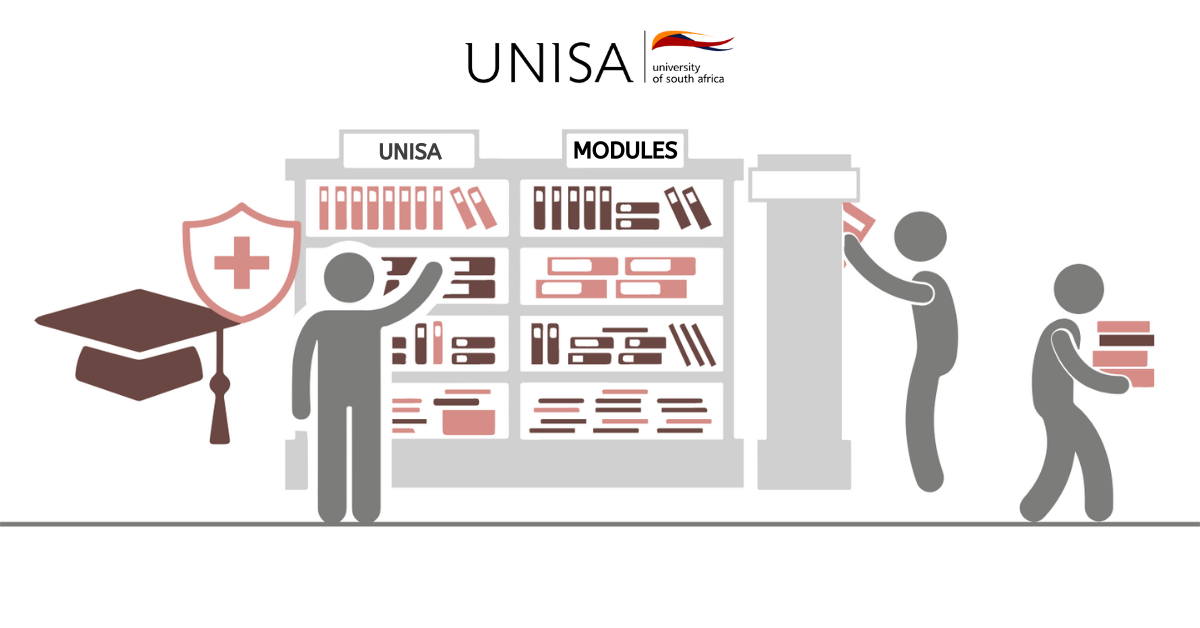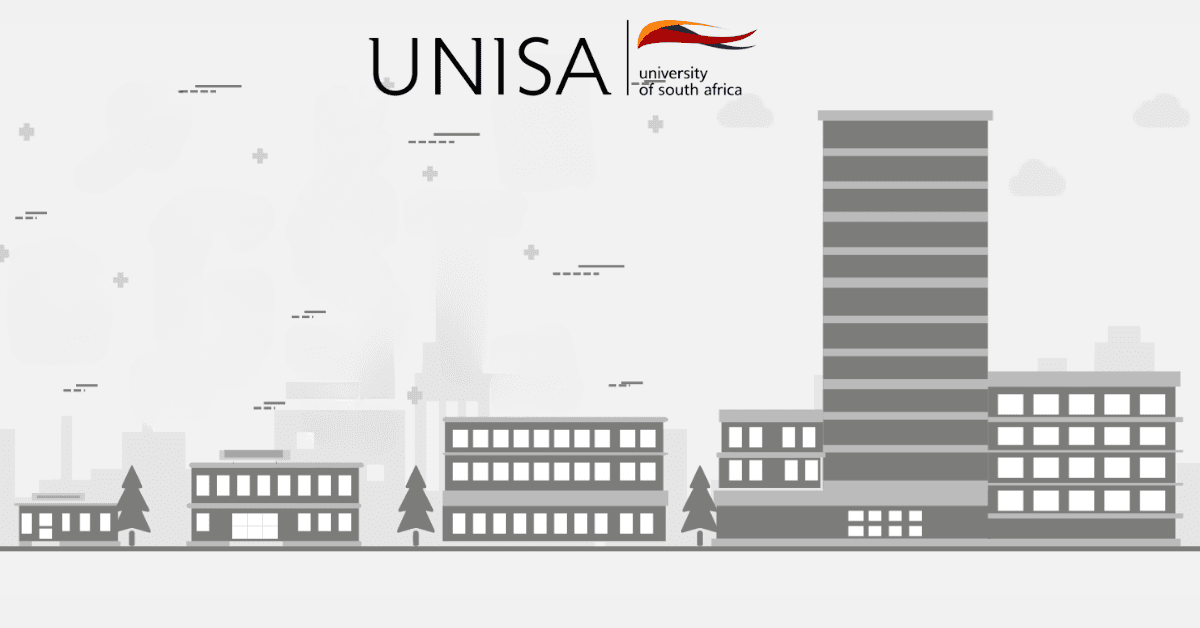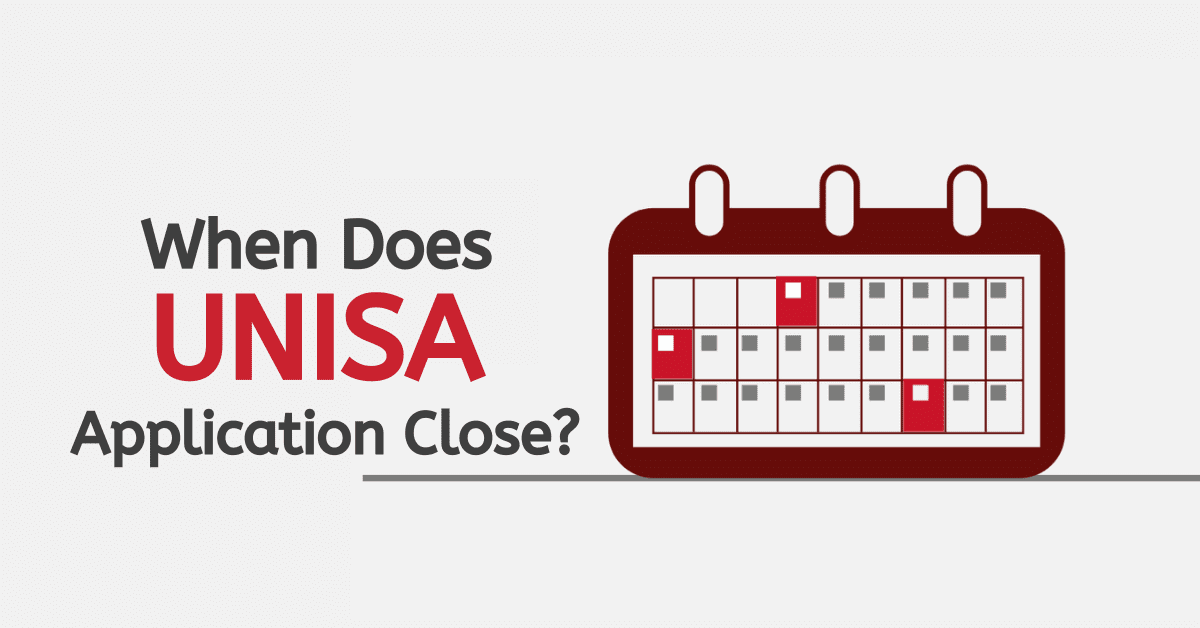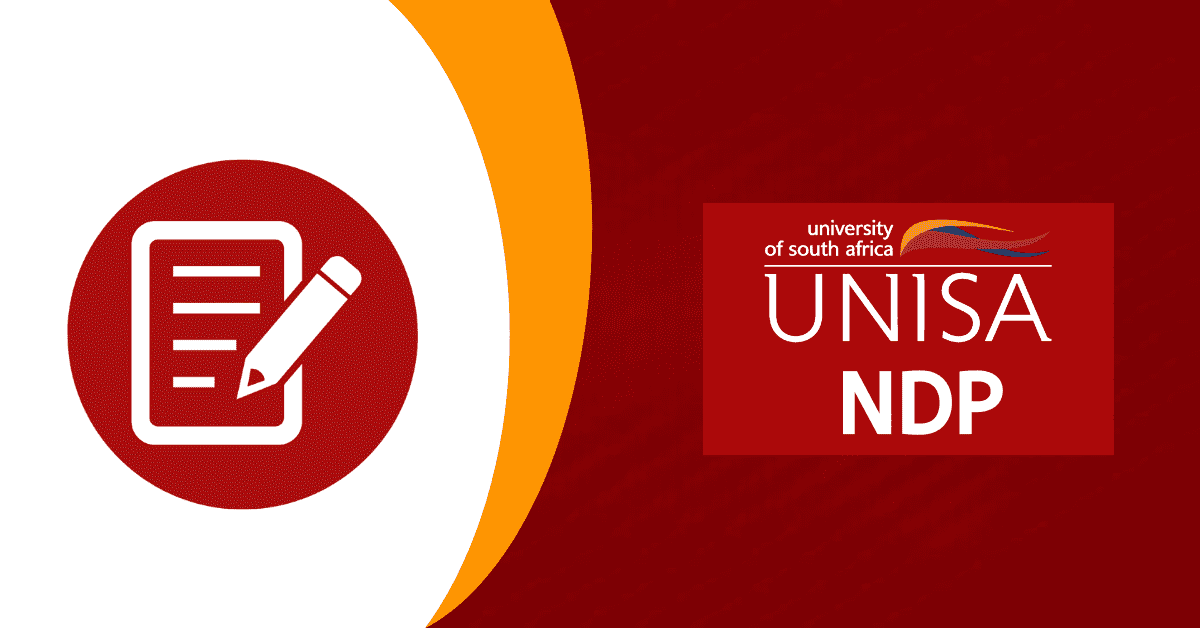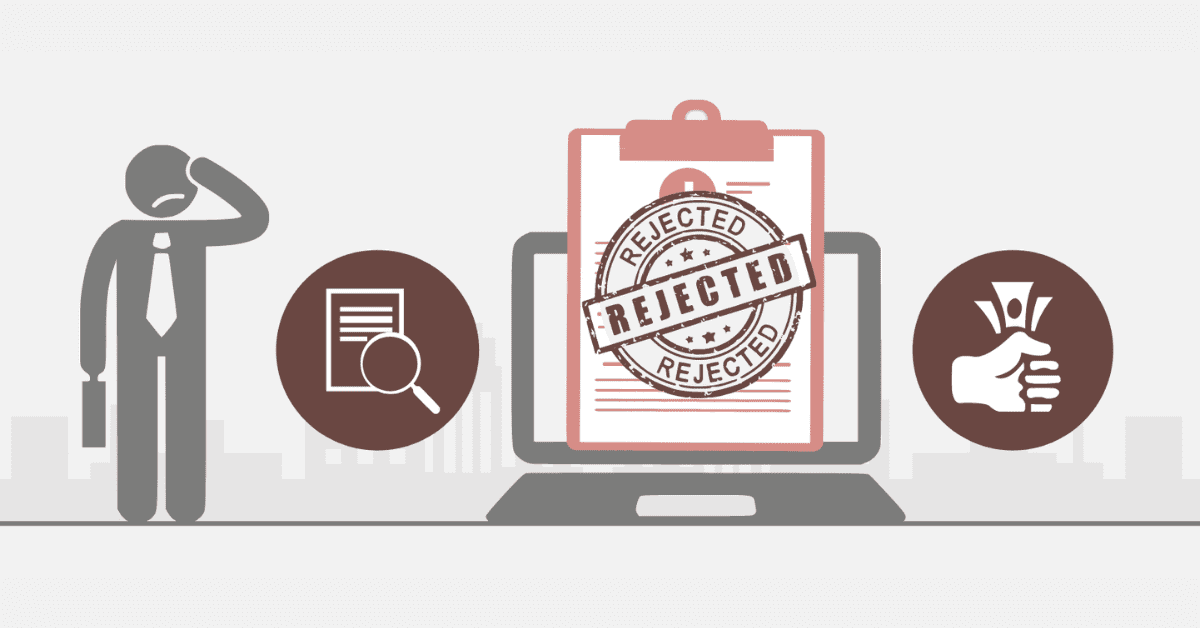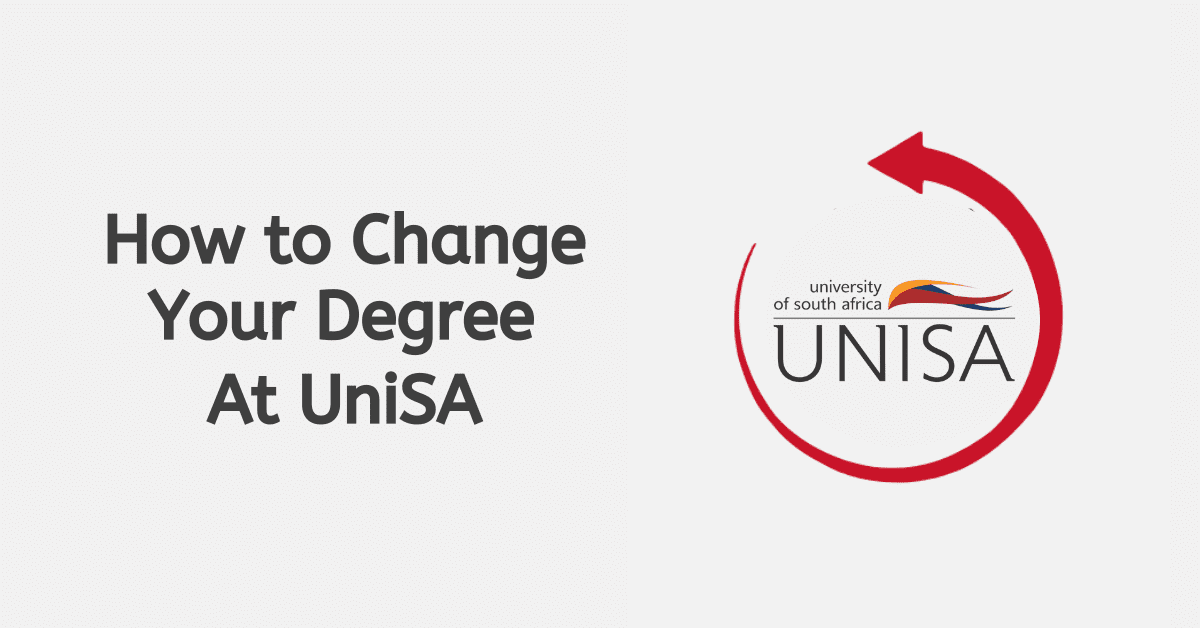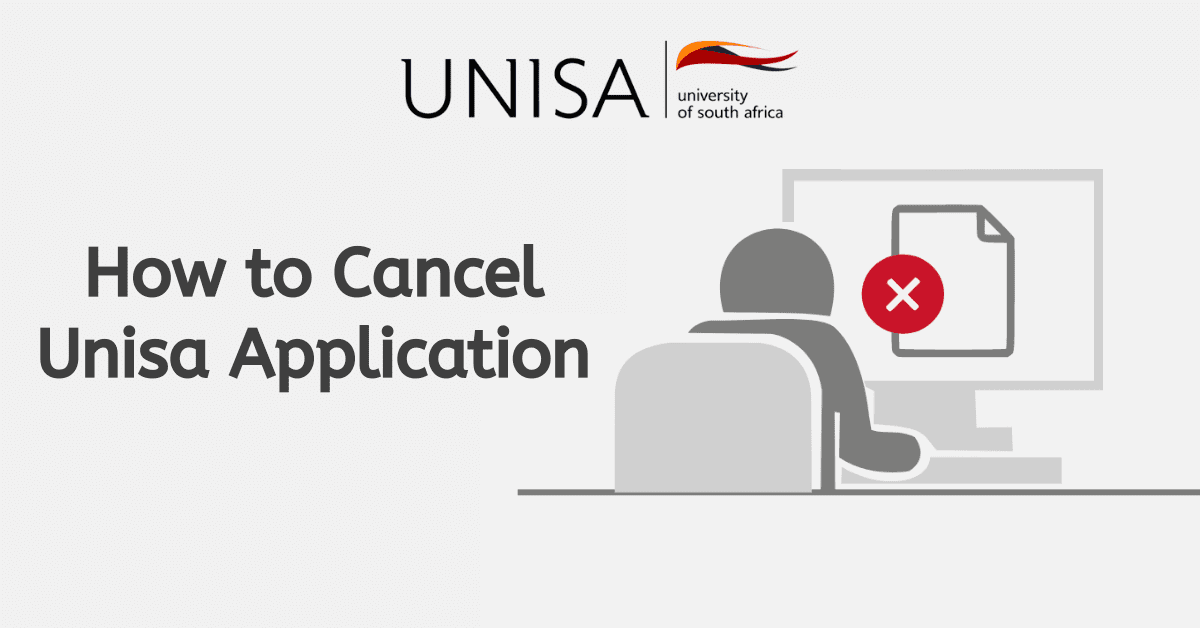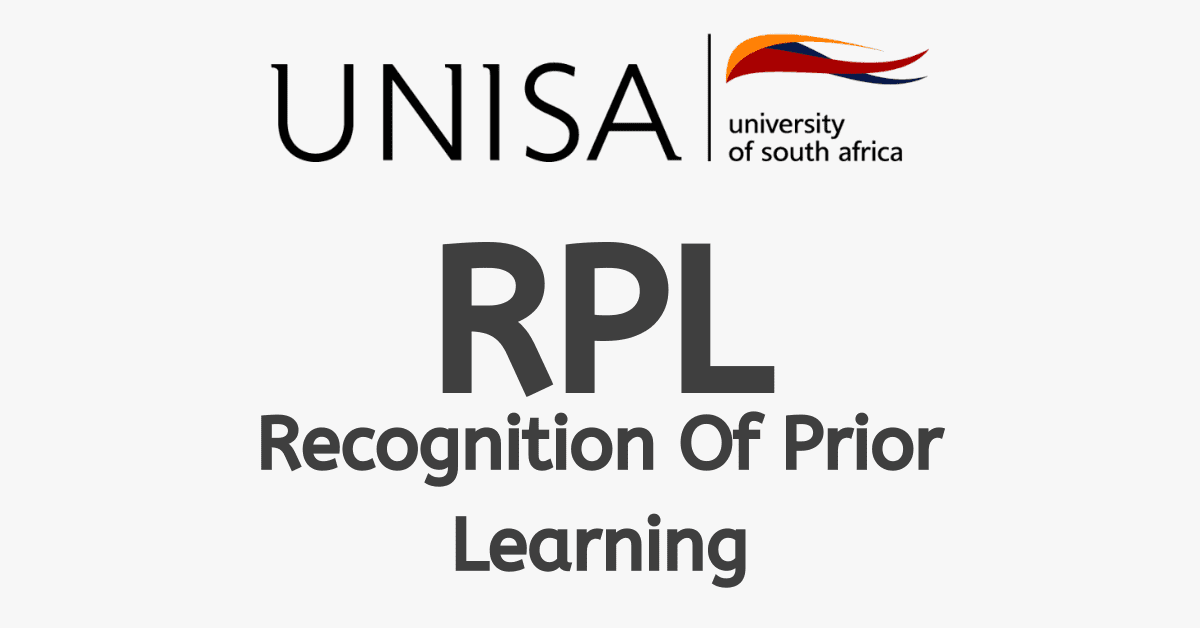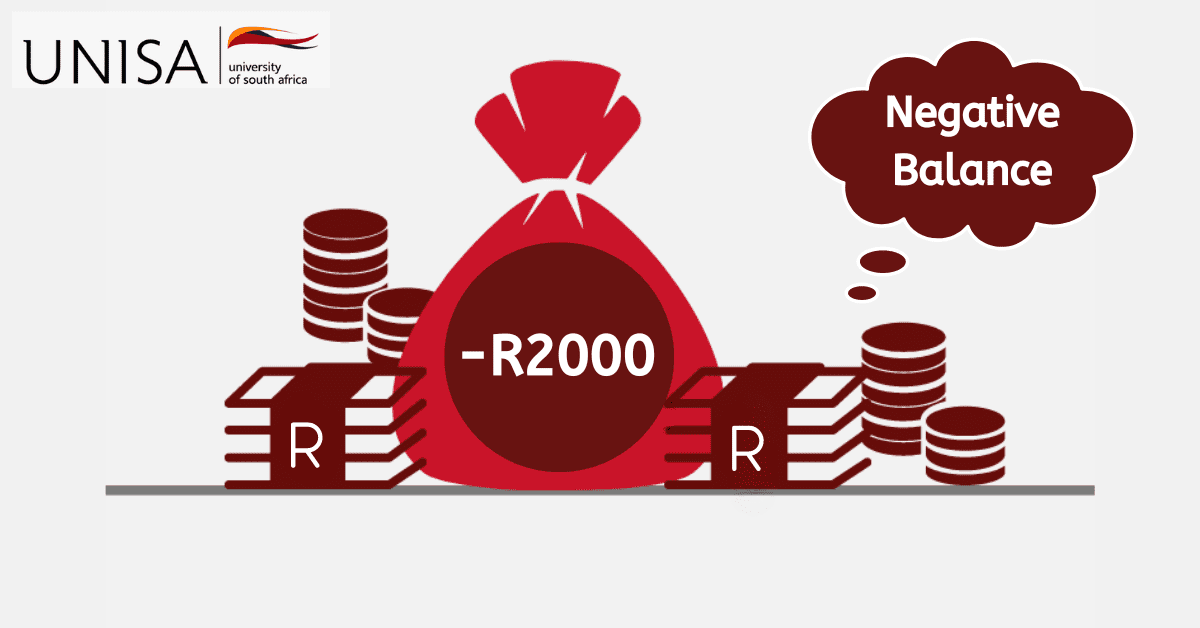The University of South Africa has specific admission requirements for each qualification that must be met by each applicant unless exempted or stated otherwise. Other qualifications come with limited places and often demand high credits. Therefore, if you don’t meet the requirements for different programs, it will be a good idea to consider alternative qualifications. Check out the number of credits you should have to pursue your dream career.
How Many Credits Do You Need to Apply at Unisa?
When you apply for an undergraduate qualification at Unisa, you should know that they are offered at various NQF levels. You can apply for a lower-level qualification and a higher-level qualification. For instance, when you apply for a Bachelor of Commerce (BCom) degree, you may also need to apply for a higher certificate in a related field. Therefore, Unisa provides the number of credits required to apply for each qualification at different NQF levels.
When you complete a lower-level qualification like a higher certificate, you may need to apply for admission into a higher-level qualification like a diploma or degree. However, it is not automatic that you will be admitted since spaces are often limited. Unisa’s general requirement for admission to study for a higher certificate is 120 credits. It is vital to get more information about the institution’s admission requirements first before submitting your application.
How Many Credits Is a Diploma Unisa?
A diploma at Unisa requires different credits depending on the qualification you want to pursue. Many Matric students obtain diploma passes in their exams, and this implies that they can apply to study various diploma courses.
The minimum APS for one to be eligible to enrol for a diploma is 19, although other courses require an APS of 22. Similarly, other diploma courses require 120 credits or 10 modules with 12 credits each. Other diplomas have 240 credits or 20 modules, while others have 360 credits or 30 modules. No matter which diploma course you choose, you must complete and pass it within a specific timeframe provided by Unisa.
How Many Credits Is a Degree at Unisa?
A degree is awarded to students who have completed a course of study at the college or university level. Various higher education institutions offer degrees at different levels, including undergraduate degrees, master’s degrees, and doctorates.
A bachelor’s degree at Unisa requires a minimum pass of 36 credits during the first year of study and 48 credits in the second year and subsequent years. It has a maximum of 360 credits consisting of 30 modules with 12 credits each. The credits for a bachelor’s degree are divided as follows:
- NQF level five comprises eight to 10 modules of 12 credits each (96 to 120 credits)
- NQF level six consists of 10 to 12 modules with 12 credits each (120 to 144 credits)
- NQF level seven has 10 modules with 12 credits each (120 credits)
- For four-year qualifications, an additional 10 modules with 12 credits at NQF level seven
To obtain a degree, you must pass all the modules to get the required credits for each NQF level.
How Many Credits Per Semester?
All undergraduate modules at Unisa are usually 12 credits. For instance, a bachelor’s degree has 360 credits consisting of 30 modules with 12 credits each. The credits are split as follows per each NQF level:
- NQF level 5 consists of between eight and 10 modules with 12 credits each (96 to 120 credits)
- NQF level 6 has 10 to 12 modules of 12 credits each (120 to 144 credits)
- NQF level 7 10 modules with 12 credits each for four-year qualifications (120 credits)
These levels develop on each other, so you must pass the module at the lower level to proceed with another one in the same category at a higher level. You also need to complete all the required number of credits to be awarded a qualification. Each module should be completed at the specific NQF level.
How do you Calculate Credits?
Credits refer to notional study hours required for one to achieve specific learning outcomes. Notional hours consist of study time, examinations, and assignments. According to the credit rating system, 10 notional hours are equivalent to one credit, and one module is equivalent to 12 credits.
For instance, if a higher certificate has 120 credits, it means it consists of 10 modules with 12 credits each. Therefore, you will need at least eight hours of study per week to cover a 15-week semester.
Each qualification at Unisa requires a certain amount of credits, which are divided into smaller credits. Each undergraduate module is 12 credits and pegged according to the requirements of a specific NQF level. A bachelor’s degree has 360 credits or 30 modules with 12 credits each.
What Is the Maximum Credit Unisa?
Each qualification at Unisa has a maximum number of credits which should not be exceeded by any student. The credits are pegged according to different NQF levels, and each student must pass the required modules. A bachelor’s degree has a maximum of 360 credits, which means the highest number of modules you can do is 30 with 12 credits each.
The maximum number of credits required for a Master’s degree at Unisa is 180. However, regarding a master’s degree, some courses consist of research only. Therefore, to earn the required credits for a specific degree, you must complete all the required assignments, coursework, and research project.
A Bachelor of Education (BEd) is a comprehensive degree at Unisa, requiring 480 credits to complete. It covers different key areas of study to equip students with the right knowledge to teach students from various backgrounds.
When applying for a particular qualification at Unisa, you should know the number of credits required for admission. You also need to understand that each program has certain credits that should be achieved to pass it. The credits are determined according to different NQF levels.
